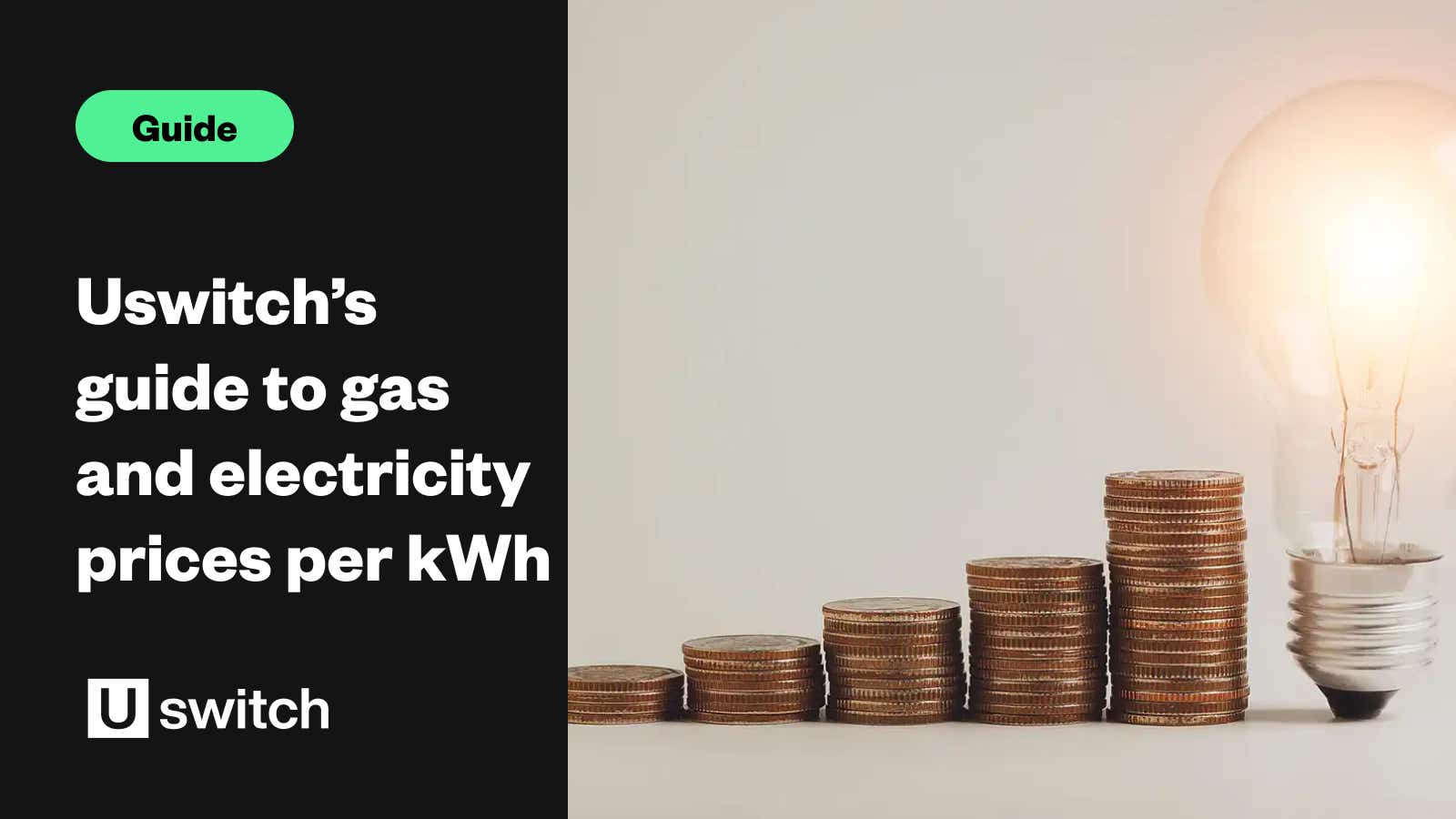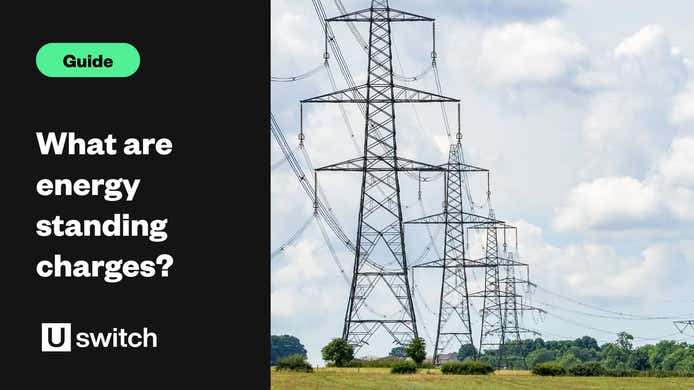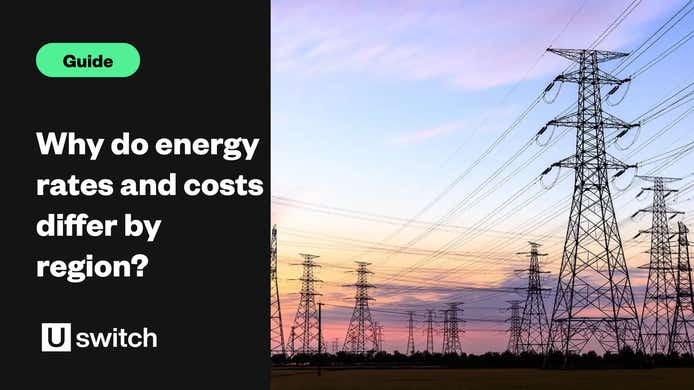Most of us take our energy for granted. We flick the switch and expect the lights to come on, and we turn the heating on and expect the room to warm up. But understanding how our energy is measured and therefore how it's charged could help you get a cheaper deal.
What is a kWh?
A kWh or kilowatt-hour is the name given to a unit of energy. It's typically used to determine how much energy a household has consumed over a period of time.
A kWh is the standard unit used by energy suppliers to calculate your gas and electricity bill. One unit of electricity or gas refers to the use of 1,000 watts over one hour.
So how much is that in reality?
See below for a brief rundown of the three common energy user groups as defined by Ofgem:
| Typical energy usage (property type and size) | Average annual electricity consumption | Average annual gas consumption |
|---|---|---|
| Low (flat or 1-bedroom house/1-2 people) | 1,800 kWh | 7,500 kWh |
| Medium (3-bedroom house/2-3 people) | 2,700 kWh | 11,500 kWh |
| High (5-bedroom house/4-5 people) | 4,100 kWh | 17,000 kWh |
What’s the difference between a kW and a kWh?
Kilowatts (kW) represent a unit of power, whereas a kilowatt-hour (kWh) is a unit of energy.
Put simply, kW refers to how much energy a device needs to work and kWh represents how much energy has actually been used.
A power rating is the amount of electrical power needed for an appliance to work at any given moment. Energy is what is needed to keep the power going. So to keep an appliance with a power rating of one kW running for one hour, it would require one kWh of energy.

What is the gas and electricity cost per kWh in the UK?
There is no standard price for electricity cost per kWh in the UK, which means your cost could vary from your neighbour's. However, the average unit rates for gas and electricity under the price cap that came into effect in October 2024 are as follows:
| Electricity | Gas | |
|---|---|---|
| Unit rates | 24.50p per kWh | 6.24p per kWh |
| Standing charge | 60.99p per day | 31.66p per day |
For the price cap that runs from 1 January to 31 March 2025, the average unit rates and standing charges will be:
| Electricity | Gas | |
|---|---|---|
| Unit rates | 24.86p per kWh | 6.34p per kWh |
| Standing charge | 60.97p per day | 31.65p per day |
Your actual kWh costs will depend on a variety of factors including where you live, what kind of energy plan you are on, what payment method you use and, in some cases, what time you consume the energy. Find your exact electricity and gas price per kWh using the sample bills in our guide to how to read your energy bill.
How to use kWh to switch energy
Switching energy with Uswitch is easy. With fixed energy deals returning to the market, you can compare energy prices in minutes to see what your options are and switch if there's a good deal on offer.
Knowing your consumption in kWh can save you a huge amount of money. Running a comparison using your consumption or usage figures in kWh is the best way to get an accurate quote.




